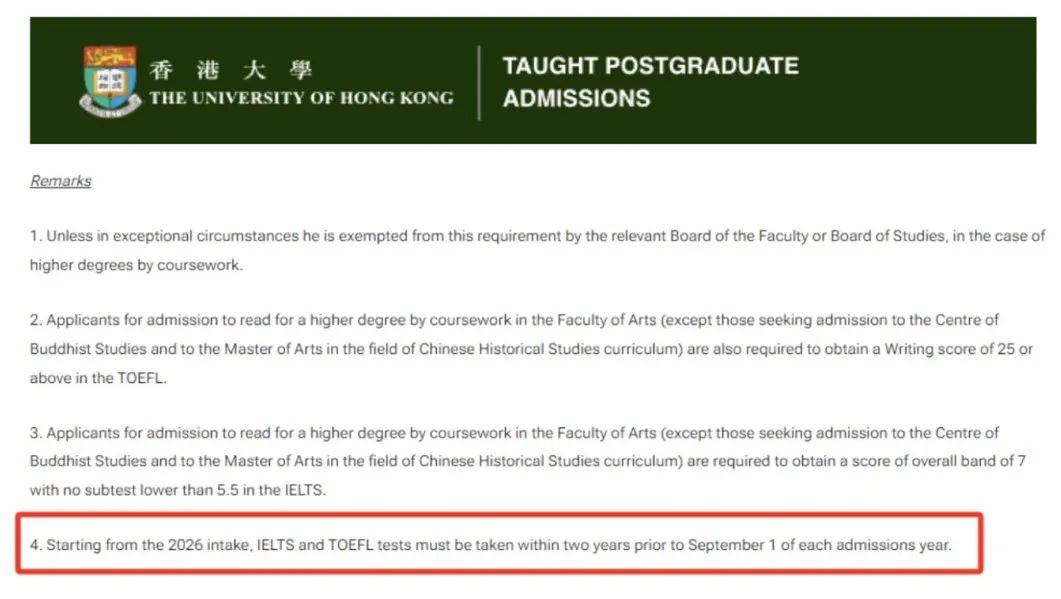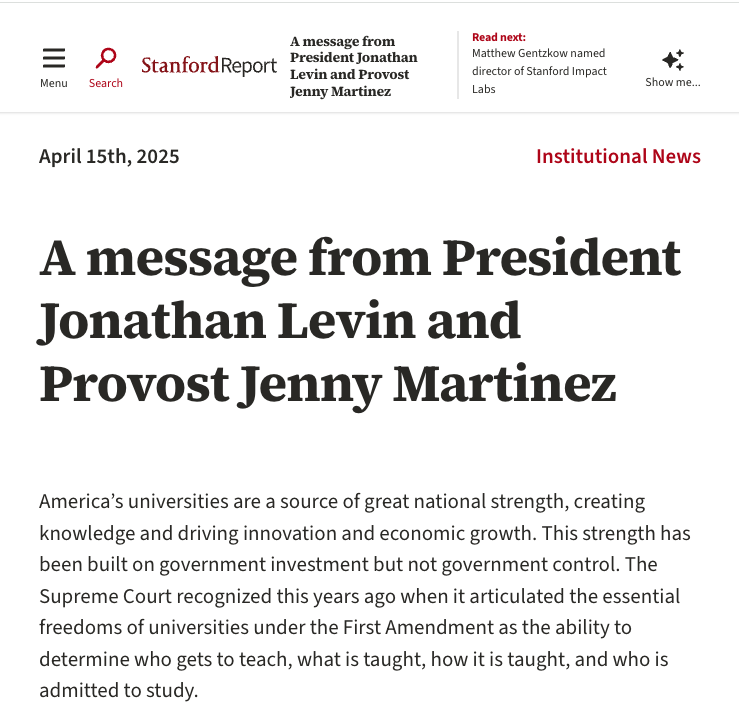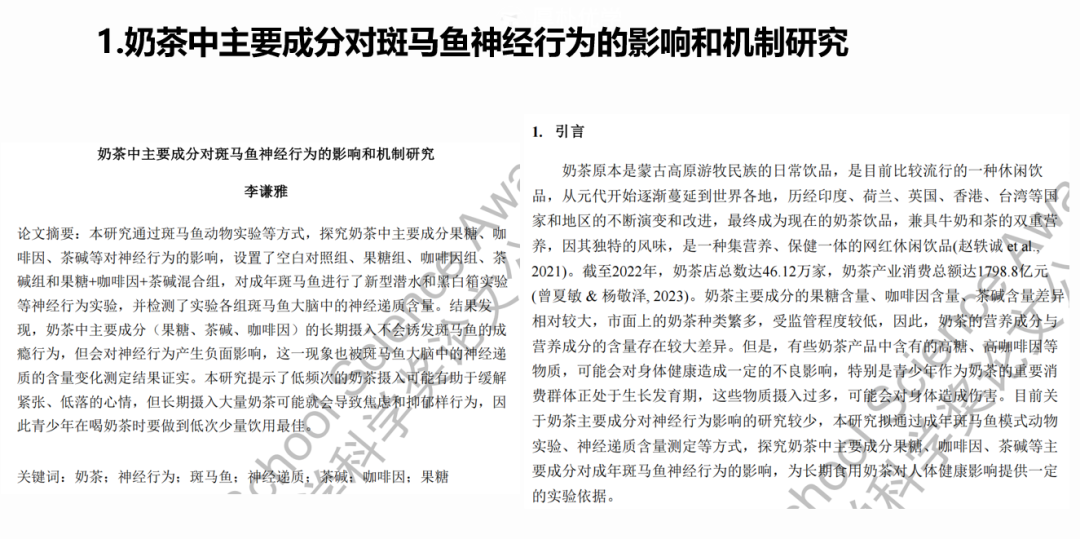对于考试的写作来说,开头点题目就好;
但是如果是作业或者文书或者是投稿的文章,开头要吸引住读者,让读者觉得文字有价值还是很重要的。
一般制造价值的方式就是让读者看到“冲突”。
什么是有冲突的开头,
一个简单的例子
NYT 最近的一篇文章,讲疫情对于人们的生理和心理的影响。

下面是文章的开头几段
I was 43 when the pandemic began. I am now 60.
That would seem to defy the laws of physics and common sense, but the rate of aging is not so simple as it was once thought to be. And pandemic burnout, though not a condition listed in Mosby’s Medical Dictionary, is a real thing, a sapping of spirit, if not the body.
第一段:疫情开始前43, 现在60 就制造了一个很强烈的冲突,吸引读者往下看是什么原因。
又或者
下文说很难写婚姻关系,写婚姻的好,总让人觉得作者很混; 同样是一个good 和 jerk 之间的冲突。

It’s difficult to write about a good marriage without sounding like a complete jerk: If you only write about the highs it comes off as fake, or as if you’re trying to compensate for your private faults. It also leaves you open to those who might crow if, someday, your relationship ends up cratering. Think about those “Real Housewives” vow renewals that quickly wind up being followed by divorce.
If you write honestly about the lows, you might be accused of secretly hating your spouse or airing dirty laundry best kept private. But anyone who’s been married for any significant period of time knows that sometimes you just wish you could move to Mars instead of dealing with your partner’s minor-league annoyances, because you’re tired and grumpy and human.
也可以时间上去制造冲突
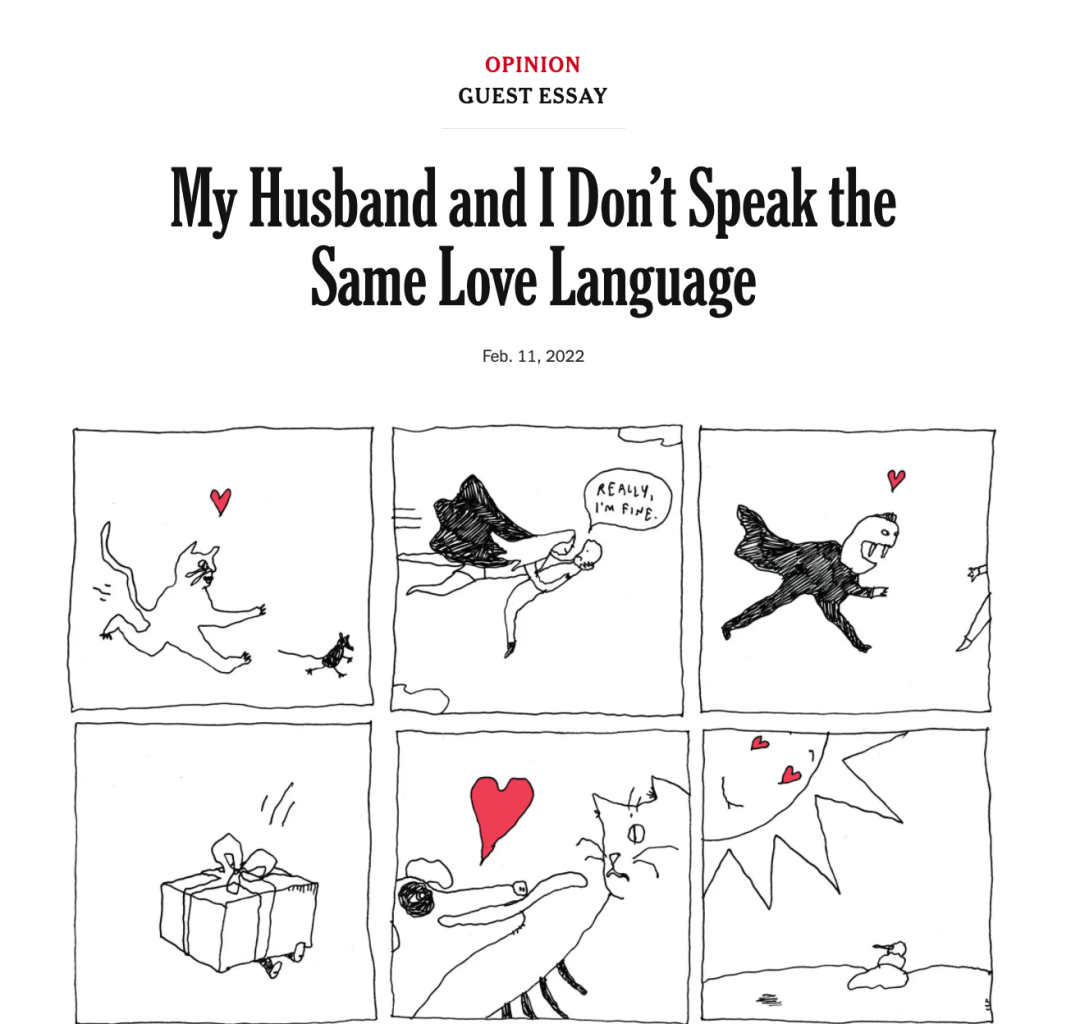
I hadn’t heard about the love languages until it was too late, until I was married to someone who didn’t speak mine.
There are five of them — the five languages of love. I say that as though they exist somewhere out there in the ether, as though they have always been. But in fact it has been only 30 years. In 1992, Gary Chapman, a pastor and radio host in North Carolina, published “The Five Love Languages: How to Express Heartfelt Commitment to Your Mate” with a small religious press. Over 20 million copies were sold, and the book was translated into 50 languages and made its way into the hearts and minds of laypeople and clinicians and Oprah. It has been on the New York Times best-seller list for more than a decade.
用until,引入一个时间对比;使读者想接着看到底发生了什么事情,导致了这个变化。
其他常用的冲突方式,还有用一个大胆的观点,冲击读者已有的想法
比如 Economist 这篇讲语言的文章,一上来就抛出一个bold claim: 记忆是不靠谱的。
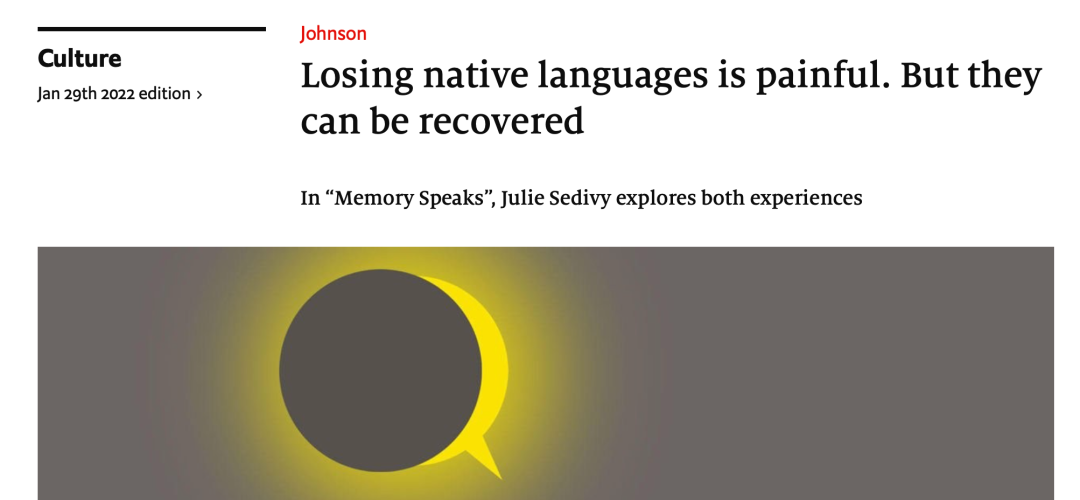
Memory is unfaithful. As William James, a pioneering psychologist of the 19th and early 20th centuries, observed: “There is no such thing as mental retention, the persistence of an idea from month to month or year to year in some mental pigeonhole from which it can be drawn when wanted. What persists is a tendency to connection.”
又或者下面这篇来自于WSJ, 讲去别人家要不要脱鞋子的文章。一开头就把鞋子的地位拔的很高:鞋子是人类和其他生物不同之处。怎么这么日常的鞋子有这么重要的地位呢?读者就有可能接着往下看。

Shoes are one of the things that separates us from other species. Not only are shoes fabulous, but they protect our soft and not-very-well-designed feet from threats both foreign and domestic. Every single toe that I ever broke got that way while I was not wearing shoes.
Despite their incalculable value to the human race, many people maintain a shoeless home. Some of them believe that forcing people to remove their shoes before entering will help keep their floors clean from the various things that exist outside.
广义上来说,所有的冲突,都是让读者有一种意料之外的好奇,比如下面来自NYT 的文章开头部分引入了一系列的冲突
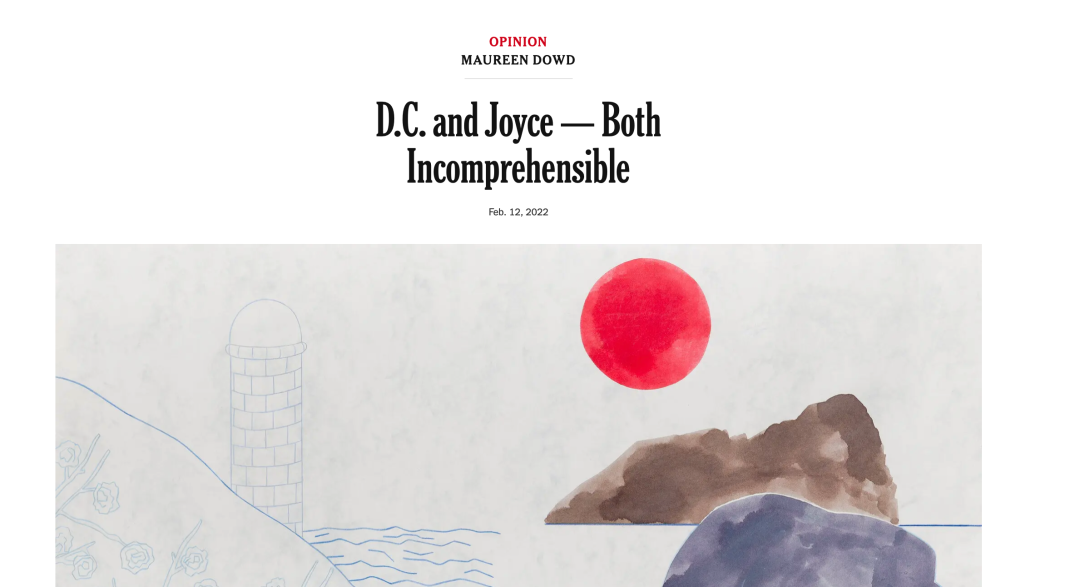
I was in an Uber on Broadway when suddenly the world began violently shaking.
A van had rammed the Uber.
I was stunned, but I was also determined not to miss this semester’s first day of in-person classes at Columbia University, where I’m studying for a master’s in English literature.
I gave the driver my information and ran to class. When I got there, I tried to breathe slowly and assess the damage. Was my brain functioning OK?
The words in the book before me were swimming past incomprehensibly.
“Ineluctable modality of the visible.”
冲突1: Uber 的剧烈撞击
冲突2: 我决定还是去上课
冲突3: 平静下来后,作者开始想自己有没有受伤
冲突4: 眼前的书看不进去了。
总结:开头引入“冲突”还是引入“意外”,还有很多种其他的方式。平时阅读的时候可以多注意下制造冲突的方式。自己在写的时候也可以尝试着更有新意。








